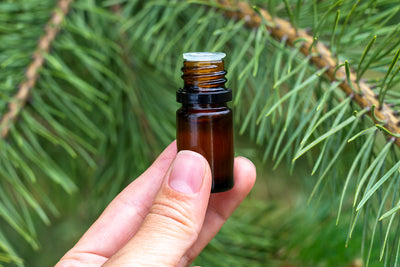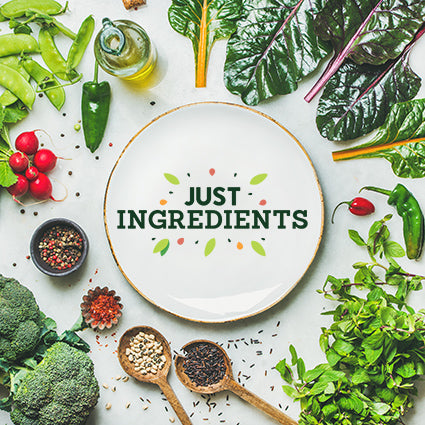Hormone Havoc: 5 Foods that Throw Off Your Hormone Balance 💙
Maintaining a healthy hormone balance is essential for overall well-being. Hormones play a vital role in regulating various bodily functions, including metabolism, reproduction, mood, and sleep. While factors such as genetics, stress, and lifestyle choices influence our hormone levels, our diet also plays a significant role. Certain foods can either support or disrupt the delicate balance of hormones in our bodies. Let's explore some common foods that can throw off your hormone balance and provide suggestions for healthier alternatives...
1. Processed Foods 🍟

Processed foods, including sugary snacks, refined grains, and fast food, can wreak havoc on hormone levels. These foods are often high in trans fats, artificial additives, and excessive sugar, leading to weight gain, insulin resistance, and inflammation. These factors can disrupt the delicate balance of hormones such as insulin, leptin, and ghrelin, affecting hunger and satiety cues. Opt for whole, unprocessed foods like fruits, vegetables, lean proteins, and whole grains to support optimal hormone function.
2. Soy Products 🌱
While soy products have gained popularity as a plant-based protein alternative, they contain compounds called phytoestrogens. Phytoestrogens are plant compounds that can mimic the effects of oestrogen in the body. Consuming large amounts of soy-based foods can interfere with oestrogen levels, particularly in women, potentially leading to hormonal imbalances. Moderation is key when it comes to soy consumption. Choose fermented soy products like tempeh and miso, which have lower levels of phytoestrogens, over highly processed soy products like soy burgers or soy protein isolates.
3. Dairy Products 🥛
Dairy products, especially those derived from conventionally raised cows, can have a negative impact on hormone balance. Cows are often treated with synthetic hormones to boost milk production, and these hormones can find their way into dairy products. Excess consumption of these hormones may disrupt our own hormonal systems. Moreover, some individuals are intolerant to lactose or casein, two components found in dairy, leading to digestive issues and inflammation. Consider opting for organic, hormone-free dairy products or explore plant-based alternatives like almond milk, coconut milk, or oat milk.
4. Caffeine and Alcohol: 🍹
While the occasional cup of coffee or glass of wine may not be harmful, excessive consumption of caffeine and alcohol can disrupt hormone balance. Caffeine stimulates the release of stress hormones like cortisol, which, when consistently elevated, can throw off the delicate hormonal equilibrium. Alcohol, on the other hand, can impact the liver's ability to metabolise hormones effectively, leading to imbalances. Limit your caffeine intake to moderate levels and practice mindful consumption of alcohol for better hormone regulation.
5. Artificial Sweeteners 🍬
Artificial sweeteners, such as aspartame, sucralose, and saccharin, are commonly found in diet sodas, sugar-free snacks, and processed foods. While they are low in calories, these sweeteners can interfere with our body's hormonal signalling related to hunger and satiety. Studies suggest that artificial sweeteners may disrupt gut bacteria, potentially impacting hormone production and metabolism. Opt for natural sweeteners like stevia or small amounts of honey or maple syrup instead.
Conclusion:
Maintaining a healthy hormone balance is crucial for overall well-being, and our diet plays a significant role in achieving this balance. By minimising the consumption of processed foods, soy products, conventional dairy, excessive caffeine and alcohol, and artificial sweeteners, we can support our hormonal health. Instead, focus on whole, unprocessed foods, organic and hormone-free dairy, moderate caffeine and alcohol intake, and natural sweeteners to promote optimal hormone function. Remember, making informed choices about what we eat can positively impact our hormones and contribute to a healthier, more balanced life!




